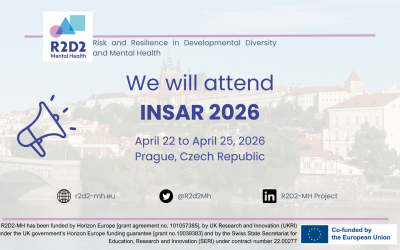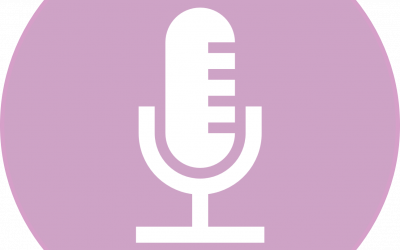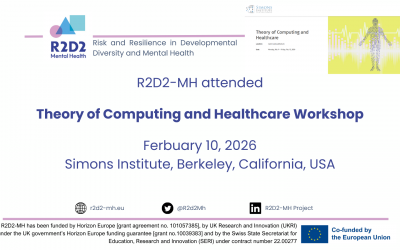The R2D2-MH Project
R2D2-MH is a 5-year project co-funded by the European Commission that aims to identify risk and resilience factors associated with neurodevelopmental diversity, including Autism, ADHD or Intellectual Disability. The consortium is coordinated by Prof. Thomas Bourgeron (The Pasteur Institute, France) and brings together 28 partners with complementary expertise distributed worldwide. The strength of R2D2-MH lies in cocreation: adolescent and adult neurodivergent people are involved in the project to co-develop with the researchers new methods and digital tools that will be later used by the end-users (neurodivergent people and their families, healthcare givers, research community, policy makers).
Latest news >
R2D2-MH will be at the INSAR 2026 annual meeting
R2D2-MH consortium members will attend the INSAR 2026 annual meeting on April 22-25, 2026 in Prague, Czech Republic. Continue Reading R2D2-MH will be at the INSAR 2026 annual meeting
R2D2-MH on French radio
On February 28, 2026, Thomas Bourgeron (coordinator) and Stéf. Bonnot-Briey (cocreation group) participated in a French radio broadcast about autism. Continue Reading R2D2-MH on French radio
R2D2-MH at the Theory of Computing and Healthcare Workshop, Simons Institute, Berkeley, California
In February 2026, members of the R2D2-MH consortium participated in the interdisciplinary Theory of Computing and Healthcare Workshop at the Simons Institute, Berkeley, California. Continue Reading R2D2-MH at the Theory of Computing and Healthcare Workshop, Simons Institute, Berkeley, California
Ambition 1
Increase participatory research/medicine and reduce stigma surrounding mental health
Ambition 3
Provide the largest European multi-scale dataset on early brain and mental health diversity in humans
Ambition 2
Co-develop a first generation of predictive models for developmental diversities (co-creation)
Ambition 4
Identify biological mechanisms of resilience associated with diverse outcomes in developmental diversities
The importance of resilience in mental health and neurodevelopmental diversities
Neurodevelopmental diversities (NDDs) include autism, attention deficit / hyperactivity disorder (ADHD), intellectual disabilities (ID) and have a high prevalence of up to 15% of the population. So far, researches have focused on risk factors, i.e. events that increase the likelihood of being neurodivergent, like preterm birth or particular genetic mutations. R2D2-MH proposes to extend the understanding of neurodiversity by studying resilience factors, i.e. factors contributing to the wellbeing and functioning of neurodivergent individuals even in the presence of risk factors. Willing to go further, R2D2-MH will integrate these resilience factors to new digital tools and apps that will be developed in the project. R2D2-MH hopes to contribute to the redefinition of wellbeing and functioning in a the context of neurodevelopmental diversity.
%
of the population are neurodivergent
The R2D2-MH Executive Board
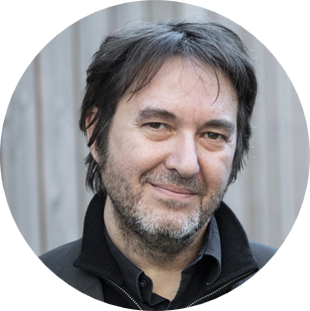
Thomas Bourgeron
Coordinator, Institut Pasteur

Sophie Dauzet
Project Manager, Institut Pasteur

Louise Gallagher
Trinity College Dublin
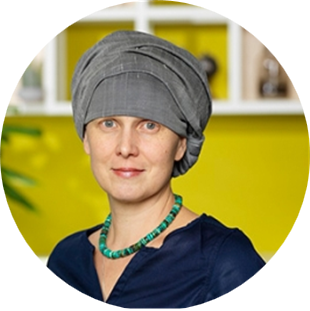
Beate St-Pourcain
Max Planck Institute for Psycholinguistics
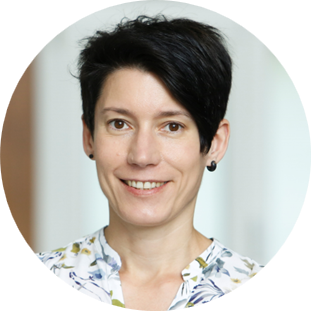
Christine Ecker
University Hospital Frankfurt
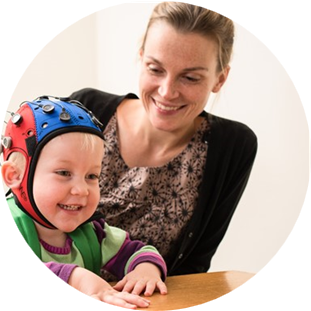
Emily Jones
Birkbeck, University of London

Kristien Hens
University of Antwerp

Sven Bölte
Karolinska Institutet
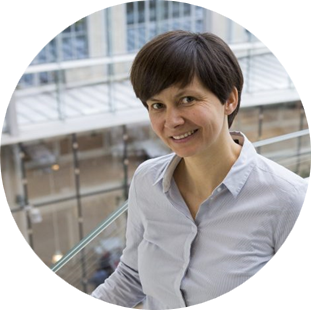
Marie Schaer
University of Geneva
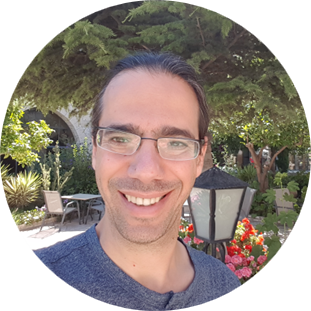
Yair Sadaka
KI Institute
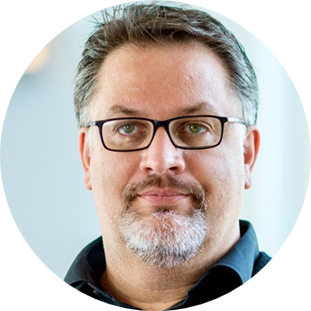
Christian Beckmann
Radboud University Medical Center
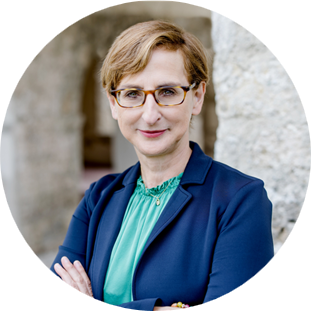
Claudia Speiser
ARTTIC Innovation GmbH
What will R2D2-MH deliver ?
- For researchers: new in-vitro and in-silico models, as well as new axes of research in the field of NDDs and mental health
- For healthcare givers: predictive models and a digital platform to provide clinical guidance
- For clinicians: new sets of clinical guidelines (called ICF, for International classification of functioning)
- For neurodivergent people and their families: a positive psychology app to support them in their everyday life
Co-creation is at the core of R2D2-MH and these outcomes will be co-developed by researchers and neurodivergent people.
Co-creation
The strength of R2D2-MH lies in the involvement from start to end of young and adults neurodivergent people and their families, as well as scientists, healthcare givers and industry partners. This is called co-creation and will allow to concretely address the needs of the end-users and develop tools with real-life purposes.
Co-creation is also about involving you in the development of the website. If you would like to suggest improvement for accessibility, design, or content, contact us!
